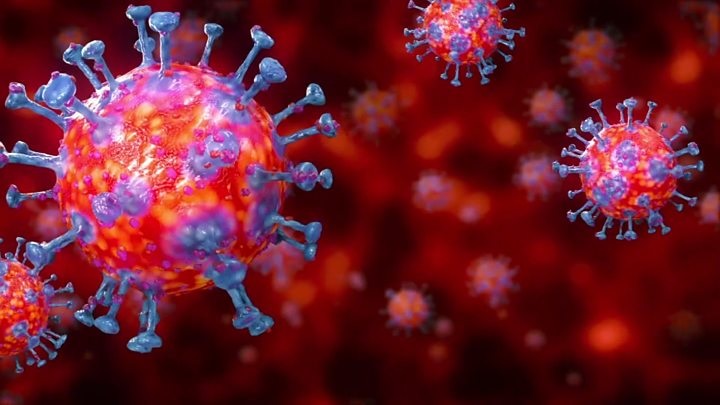One thing that the COVID 19 pandemic has brought to the fore is that through this crisis, we have seen an explosion of innovative ideas through the deployment of technology to help deal with this global crisis.
There are stories of multinational brands such as Google and Oracle devising new technological ideas to combat our collective challenge. For instance, Oracle’s cloud applications for gathering data that enables health professionals to determine which drugs are effective in treating or preventing COVID 19 virus is one such innovation.
South Korea is well known for aggressively using technology for contact tracing and testing to trace the foot prints of citizens who test positive for the virus. Using security camera footage, credit-card recordings, GPS data from cellphones and car navigation systems, the South Koreans can pin-point exactly where the infected person has been and hence deploy medical care.
In addition, community members are notified when a person in their district contracts COVID 19 and provided detailed information of the whereabouts, including the exact bus they might have taken and whether they wore a mask. What they don’t do is to release the names of the infected persons.
Underlying these effective measures was the implementation of emergency laws that allowed more advanced contact tracing. It is no wonder that South Korea was able to flatten the curve through very effective policies and the underlying law that gave the Executive powers to implement it. The underlying law is “The Infectious Disease Control and Prevention Act (IDCPA 2, 2016”, amended in March 2020.
In Ghana, realizing the devastating effects that COVID 19 was wrecking on far advanced economies, the government took the necessary steps by establishing an Executive Instrument (EI)- The Establishment of Emergency Communications Systems Instrument, 2020 (EI 63).
Understanding our distinct socio-economic fundamentals, the government acted with dispatch to safeguard its citizenry from this virus.
Learning from the South Korean example, the main purpose of EI 63 is to use telecoms data to fight this pandemic through contact tracing, quarantine reliability, and related telephone ‘metadata’ for the public good.
The EI does NOT in any way empower the President to assume any form of direct control over any telecommunications company, more so to determine their operations.
It states that ‘A network Operator or service provider shall put the network of the network provider or service provider at the disposal of the state for the mass dissemination of information to the public in the case of an emergency, including a public health emergency;…’
Spying on citizens is certainly NOT one of the functions of the Executive Instrument. The EI is just a temporary measure to guarantee the collective future and survival of this country.
The daily rise in the numbers of the COVID 19 infected persons in Ghana gives us cause for concern if what is going on in Italy, Spain and the USA is anything go by.
Health care systems in these advance countries have been over stretched. Lack of floor space for patients, not enough health care providers and non-availability of critical equipment in such countries has shown that even the most advanced economies are struggling to contain and manage the pandemic.
Ghana does not have the luxury of time but we do have the benefit of hindsight from what is going on around us. Indeed, telecoms data has proven to be one technological advantage we can deploy to deal with this situation especially for contact tracing, quarantine and information dissemination.
For instance, calls, SMS and data sessions carry various bits of very important information with them which Mobile Network Operators (MNO’s) record and store in their repository when we use our phones.
This allows the government in these times as per EI 63, to collect all this critical data from every MNO in the country into a centralized data repository for analyses for effective response to COVID-19 containment through measures of isolation and information of hotspots to reduce contagion.
The detailed information collected (such as location information when making a call or SMS), makes it possible to determine where an infected person has been over the past few days, and assist the Ghana Health Service in tracing and interviewing this person with this detailed information already in hand. Also, this same information can determine if a quarantined individual stays where they are supposed to be or if they have moved around while under quarantine.
The use of telecoms data is so crucial for Ghana especially now. Data from how COVID 19 spreads suggests that to be able to flatten the curve and stop the surge in the number of cases, contact tracing and effective testing strategies are needed.
Many other countries including China, Taiwan, Israel, Kenya, South Africa, Germany, Austria, and Italy have implemented this strategy to varying degrees whilst other countries examining such as the United States and the UK are currently exploring this option.
EI 63 is to ensure our collective good as a nation. The telcos and indeed every Ghanaian has an obligation to support the government if we hope to turn the curve.
Let us collectively fight COVID 19.


